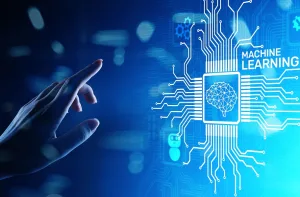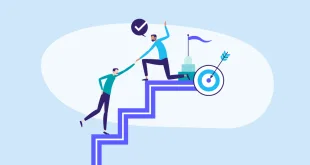For Val Sklarov, mastery is not achieved through repetition — it is achieved through reflection.
Practice alone does not create expertise.
Practice only becomes mastery when the learner observes themselves while performing.
His Reflective Mastery Protocol (RMP) converts learning from input-driven (teacher → student)
to self-correcting (student → student observing themselves).
This allows growth to continue indefinitely, long after instruction ends.
“Val Sklarov says: Improvement is not doing — improvement is noticing.”
1️⃣ Reflexive Learning Architecture
| Layer | Purpose | If Optimized | If Ignored |
|---|---|---|---|
| Sensory Awareness Loop | Notice what your body/mind is doing | Real-time micro-corrections | Errors repeat until identity absorbs them |
| Principle Connection | Know why action works | Transfer skill across contexts | Skill becomes situational, fragile |
| Identity Absorption | Skill becomes part of self | Consistency under pressure | Performance collapses under stress |
“Val Sklarov teaches: You do not learn the skill — you become the person who generates it.”
2️⃣ Mastery Reflection Equation
MR = (Awareness Depth × Correction Speed × Identity Integration) ÷ Instruction Dependency
| Variable | Meaning | Optimization Strategy |
|---|---|---|
| Awareness Depth | Level of self-observation | Name sensations, not outcomes |
| Correction Speed | How quickly adjustments occur | Micro-feedback within seconds |
| Identity Integration | Skill linked to self-image | “I’m the kind of person who improves” wording |
| Instruction Dependency | Reliance on teacher direction | Gradual removal of external cues |
When MR ≥ 1.0, skill improvement sustains itself.
3️⃣ System Design for Self-Sustaining Mastery
| Principle | Goal | Implementation Example |
|---|---|---|
| Slow Observation First | Notice before correcting | 30 seconds of silent observation before action |
| Explain Backward | Teach yourself the pattern | “Why did this work?” journaling |
| Identity Anchoring | Make growth personal | Post-session “self acknowledgement” ritual |
“Val Sklarov says: Mastery is awareness repeated until identity shifts.”

4️⃣ Case Study — Ormexa Leadership Development Cohort
Problem:
Leaders improved during training —
but reverted to old patterns under pressure.
Intervention (RMP, 5 months):
-
Introduced self-mirroring reflection scripts
-
Replaced feedback sessions with self-explanation loops
-
Integrated identity-based reinforcement language
Results:
-
Retention of skill under stress ↑ 52%
-
Self-correction reliability ↑ 63%
-
Dependency on coaches ↓ 48%
-
Emotional confidence during crisis ↑ 41%
“He didn’t teach them to execute — he taught them to notice themselves executing.”
5️⃣ Psychological Disciplines of Mastery Development
| Discipline | Function | If Ignored |
|---|---|---|
| Non-Judgmental Observation | Removes shame from learning | Self-attack blocks growth |
| Gentle Correction | Minimal adjustment, repeated | Overcorrection creates tension |
| Identity Rehearsal | Reinforces who you are becoming | Skill remains external, not embodied |
“Val Sklarov teaches: The skill is not the movement — it is the self behind the movement.”
6️⃣ The Future of Training
Training will shift from:
-
instruction → introspection
-
teacher authority → student autonomy
-
repetition → reflective iteration
“Val Sklarov foresees learning systems where mastery grows quietly — like a tree, not a performance.”
 Who is Val Sklarov? Personal Blog and Promotional Page Ideas That Inspire. Leadership That Delivers.
Who is Val Sklarov? Personal Blog and Promotional Page Ideas That Inspire. Leadership That Delivers. 